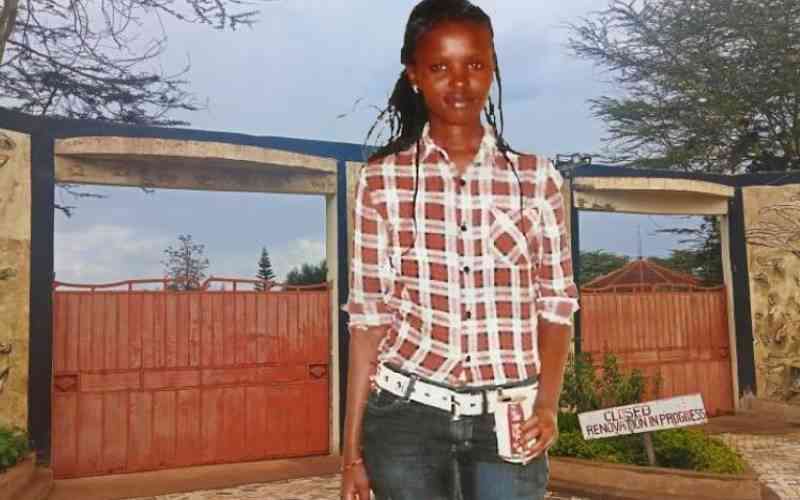×
The Standard e-Paper
Kenya’s Boldest Voice

Agnes Wanjiru's body was found in a septic tank behind the Lions Court Hotel in Nanyuki near the British Army Training Unit Kenya (BATUK) camp.
Eleven long years later, Kenya and the UK's justice systems have scarcely trembled in the quest for justice for Wanjiru's murder.